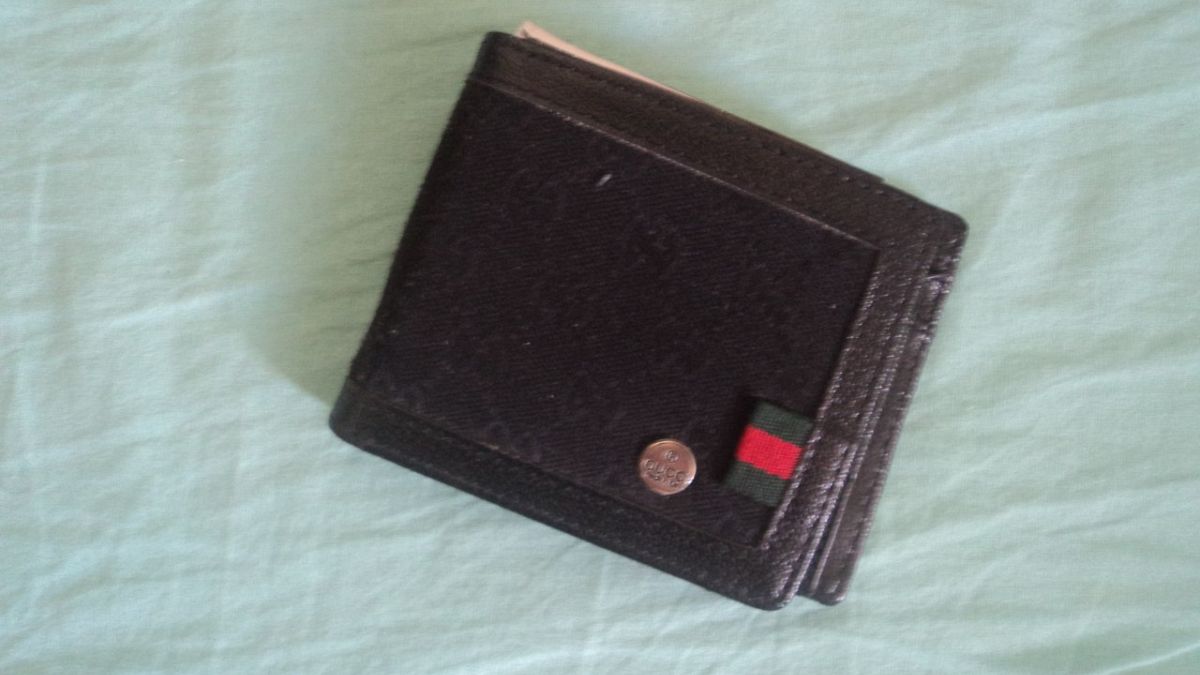Study across 355 cities in 40 countries should people are more likely to return a wallet the money it has in it
People are more likely to return a wallet if it contains more money, a study has suggested.
Behavioural scientists at the Universities of Michigan and Utah in the US and the University of Zurich in Switzerland conducted an experiment where they left 17,000 “lost” wallets in 355 cities in 40 different countries around the world to see whether they would be returned.
The wallets contained either no money or the equivalent of US$13.45 (€11.83) in local currency, a grocery list, a key and three identical business cards in the local language so it was possible to return it.
The researchers found that in 38 out of 40 countries surveyed, citizens were more likely to return a wallet with money in it than without.
Following these findings, the researchers thought the “greater civic honesty” might be because the amount of money in them was not large enough to be financially meaningful.
READ MORE: What should you do if you catch someone in a lie?
To test this theory, the researchers conducted further fieldwork in the US, the UK and Poland where they upped the amount of money in the wallet to $94.15 (€82,82) in local currency.
Despite their hypothesis, they found the larger amount actually lead to an 18% rise in the return rate.
The reports’ authors concluded that the reason for their civic honesty was “a combination of altruistic concerns and an aversion to viewing oneself as a thief, which increase with the material benefits of dishonesty”.
They said: “We conducted field experiments in 40 countries to examine whether people act more dishonestly when they have a greater economic incentive to do so, and found the opposite to be true.
“Citizens were more likely to return wallets that contained relatively larger amounts of money.
“This finding is robust across countries and institutions, and holds even when economic incentives for dishonesty are substantial.”
